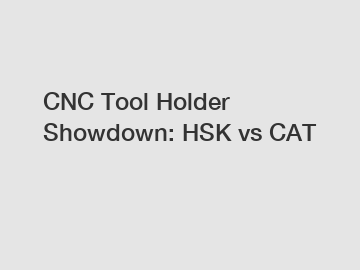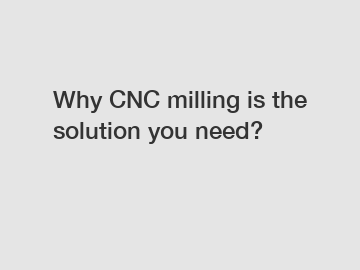Types of Scaffolding Fittings: Enhancing Construction Stability
Scaffolding fittings play a pivotal role in the construction industry, serving as the backbone for secure and stable scaffold structures. These fittings come in various types, each designed with a specific purpose to ensure the safety and reliability of scaffolding. Let's delve into the enriched details of some common scaffolding fittings:
Couplers:
Swivel Couplers: Provide flexibility by allowing scaffold tubes to connect at any angle, adapting to the dynamic needs of construction.
Right-Angle Couplers: Offer structural stability by forming rigid connections at right angles, ensuring a robust scaffold framework.
Sleeves:
Scaffolding Sleeve Couplers: External connectors that parallelly join scaffold tubes, reinforcing the overall integrity of the structure.
Clamps:
Board Clamps: Safely secure scaffold planks, ensuring a reliable and stable platform for workers and materials.
Putlog or Single Couplers: Facilitate the connection of ledgers to putlogs or transoms, contributing to the overall structural cohesion.
Brackets:
Adjustable Brackets: Enhance adaptability by allowing scaffolds to be adjusted to different heights and angles, catering to diverse construction requirements.
Fixed Brackets: Provide a stable and secure platform for workers and materials, ensuring a safe working environment.]
Base Plates:
Base Plates: Disperse the load of the scaffold, offering stability by distributing weight across a larger surface area, thereby minimizing ground pressure.
Joint Pins:
Joint Pins: Essential connectors that seamlessly link scaffold tubes end-to-end, facilitating the extension of the scaffold structure as needed.
Ladder Brackets:
Recommended article:Malleable Iron Fittings
Mastering CNC Milling for Specialized Tooling Needs
What Are the Key Questions to Ask When Ordering High-Quality Trapezoid Diamond Pads?
Low-Pressure Overmoulding vs Injection Molding: Which is Best for Your Project?
Maximizing Efficiency: Post Tension Anchor Benefits
Revolutionizing Retail Design: Post-Tension Anchors Reimagined?
Revolutionize Mold Making with 5-Axis CNC Machining: Everything You Need to Know
Ladder Brackets: Safely attach ladders to the scaffold, ensuring a secure means of access for workers at different levels.
Tie Bars:
Tie Bars: Reinforce stability by connecting the scaffold to the building or structure, preventing swaying and ensuring the safety of workers.
Fork Heads:
Fork Heads: Provide crucial support for scaffold tubes, allowing for various angles and configurations, optimizing versatility in scaffold assembly.
Base Collars:
Base Collars: Strengthen the scaffold by connecting vertical standards to base plates, contributing to overall stability and load distribution.
Cantilever Frames:
Cantilever Frames: Extend outward to offer additional support, enabling the creation of working platforms with extended reach.
Casters:
Casters: Facilitate mobility and relocation by attaching to the base of scaffolding, allowing for easy movement as construction needs evolve.
Guardrails and Toe Boards:
Guardrails: Provide a vital safety barrier along the edges of working platforms, ensuring the well-being of workers at elevated levels.
Toe Boards: Prevent tools and materials from falling off the scaffold, enhancing safety measures on construction sites.
Spigots: Connect vertical standards to horizontal ledgers or transoms, reinforcing the structural integrity of the scaffold.
Base Jacks: Enable height adjustment on uneven surfaces, ensuring a level and secure scaffold foundation.
Understanding and utilizing these diverse scaffolding fittings are crucial steps in creating a scaffold structure that not only meets safety standards but also provides a reliable and adaptable platform for construction activities.
Innovative Designs Unleashed: The Power of CNC Milling
Revolutionizing Custom Designs: The Future of CNC Milling?
Pipeline Safety: Requirement of Valve Installation and ...
10 Things to Consider When Buying wholesale post tension wedges
Ultimate Guide to Bush Hammer for PHX Grinder
How to use a 9mm hole magnetic diamond tool?
Top CNC Milling Tips for Specialty Products










Comments
0